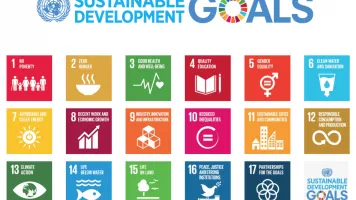The Partnership in Statistics for Development in the 21st Century (PARIS21) promotes the better use and production of statistics throughout the developing world.
Since its establishment in 1999, PARIS21 has successfully developed a worldwide network of statisticians, policy makers, analysts, and development practitioners committed to evidence-based decision making. With the main objective to achieve national and international development goals and reduce poverty in low- and middle-income countries, PARIS21 facilitates statistical capacity development, advocates for the integration of reliable data in decision making, and co-ordinates donor support to statistics.
PARIS21 was established by the United Nations, the European Commission, the Organisation for Economic Co-operation and Development (OECD), the International Monetary Fund, and the World Bank.
Initiatives & Resources
- Dedicated work at the global, regional and country levels to mainstream gender in strategies for the development of statistics. Activities and products include the creation of a new gender module in ADAPT, a new framework for assessing gender statistics in national statistical systems and in-country gender data workshops across the globe.
- Spearheading “Capacity Development 4.0” (CD4.0), including the production of brand-new Guidelines for Developing Statistical Capacity which launched in January 2020.
- Annual evaluations of the state of support to statistics at both the international (PRESS) and country (CRESS) levels.
- Advocacy and support for greater financing for more and better data via PRESS, CRESS and the Bern Network.
- Global coordination of international, cross-sector dialogue and action on issues in development data via regular cross-regional engagement.
News stories can be found here.
Priorities as a partner of the Global Partnership for Sustainable Development Data
To encourage the better use of statistics in developing countries, by providing support and strengthening National Statistical Systems. This overall broad commitment will be achieved by completing a series of planned activities that contribute to harnessing the data revolution. These commitments are particularly important as national statistical offices (NSOs) must be at the heart of the data revolution to bridge the existing global data inequalities. Strengthening their systems will be a critical success factor of the data revolution.










